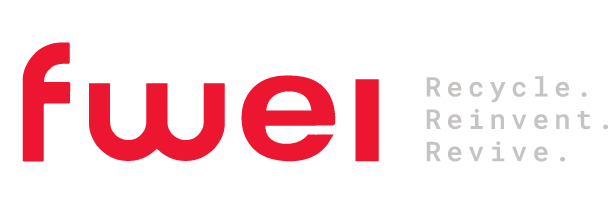Packaging and Packaging Waste
Extended Producer
Responsibility
Extended Producer Responsibility (EPR) is a fundamental principle of Zero Waste. Also known as Product Stewardship, EPR is a strategy that places a shared responsibility for the end-of-life management of consumer products on the manufacturers while encouraging product design that minimizes negative impacts on human health and the environment at every stage of the product's lifecycle.
EPR has been increasingly applied as a policy approach throughout Europe and Canada since the early 1990s. Over the past five years, the U.S. has primarily adopted the principles of EPR through state-level action; nearly half of U.S. states now require product stewardship for outdated electronic equipment. EPR can be applied to many toxic or costly products, most commonly electronics, packaging, carpet, and household hazardous wastes such as paint, batteries, pesticides, and fluorescent lighting.
EPR extends the polluter pays principle to most of the waste stream, specifically products and packaging. If you manufacture or consume a product, you should be fully responsible for the pollution it causes and the costs of dealing with it when the consumer uses it. Right now, the financial burden and infrastructure needed—landfills, curbside recycling, or hazardous waste collections—fall upon local governments. Yet these local governments cannot control who buys or makes what products and are faced with ever-increasing expenses to manage these materials. EPR restores fairness to the system so all taxpayers are not left footing the bill for some—manufacturers and consumers cover the total costs of their actions
Romania wants to achieve the country's targets by signing the accession treaty through the manufacturer's extended liability system. Encouraging this system by creating an appropriate legal framework is a necessity at this time, and one of the objectives of FEPRA International SA is to actively participate in the system improvement measures.

